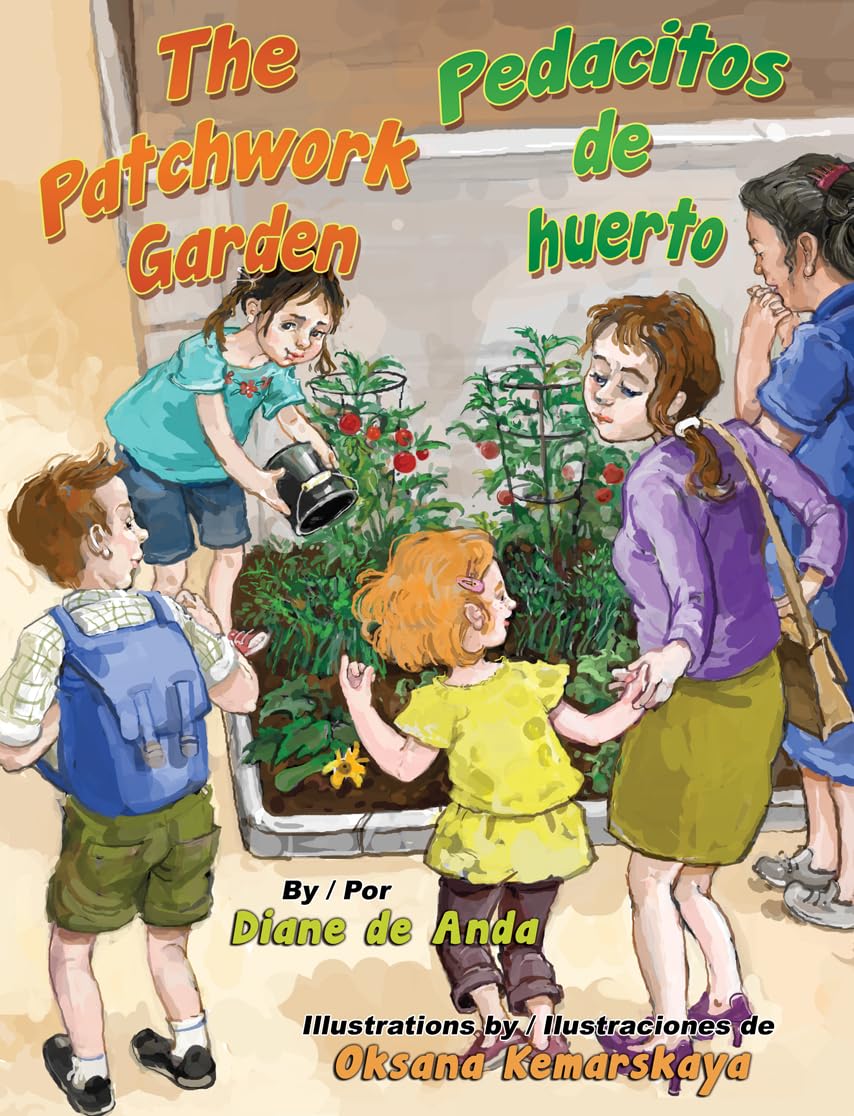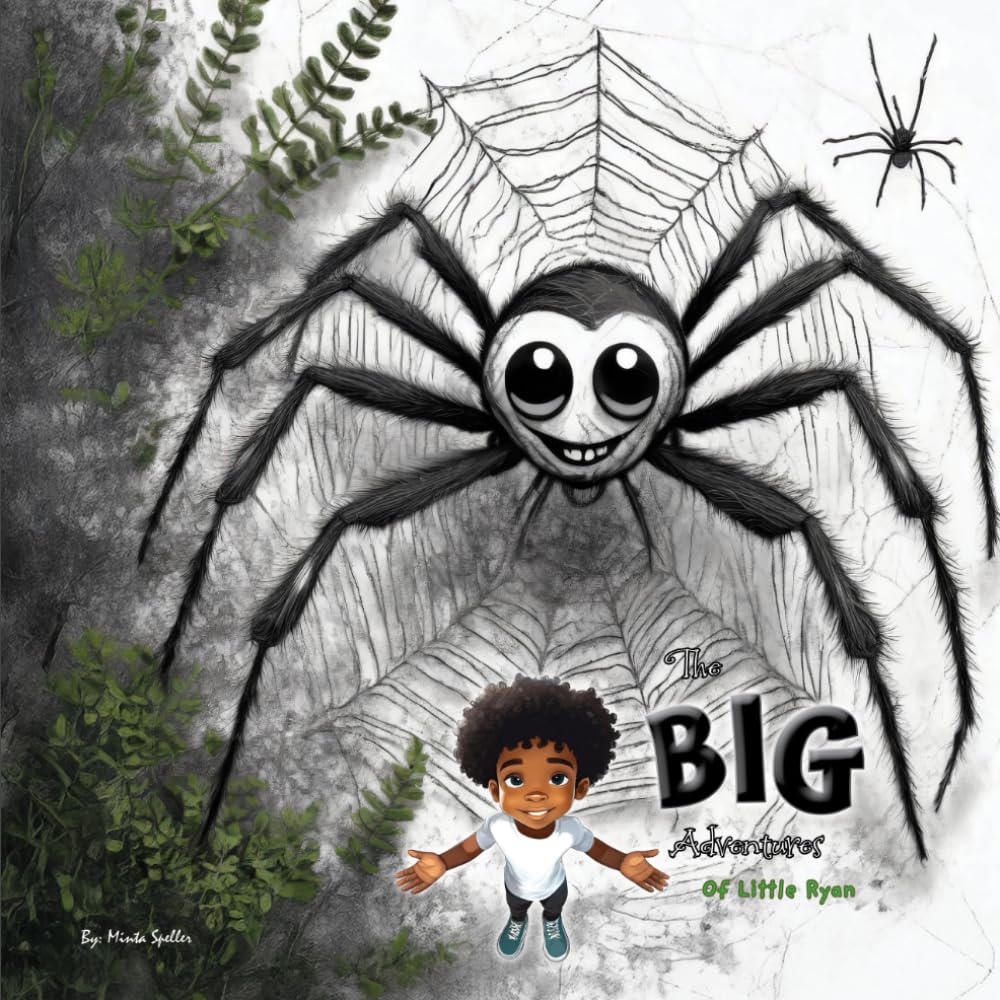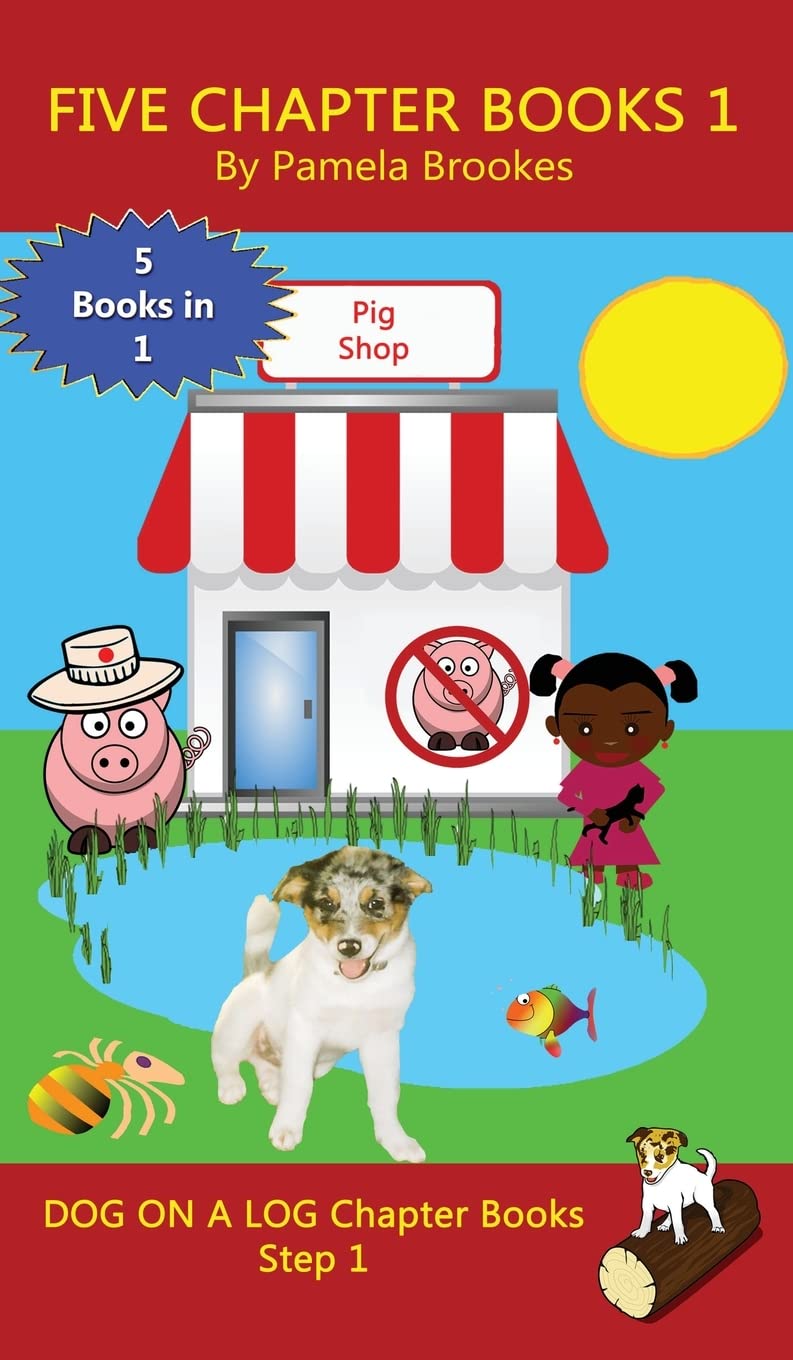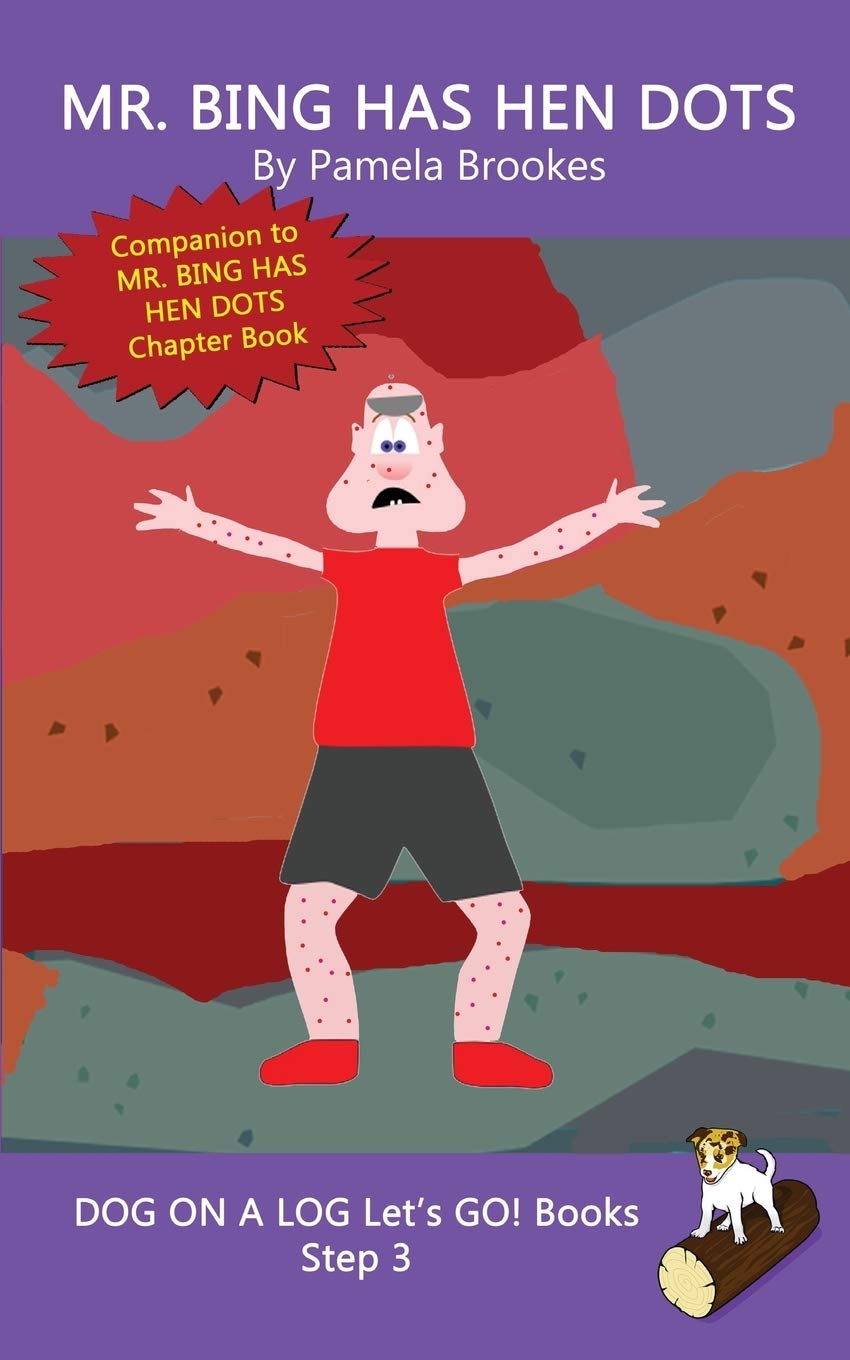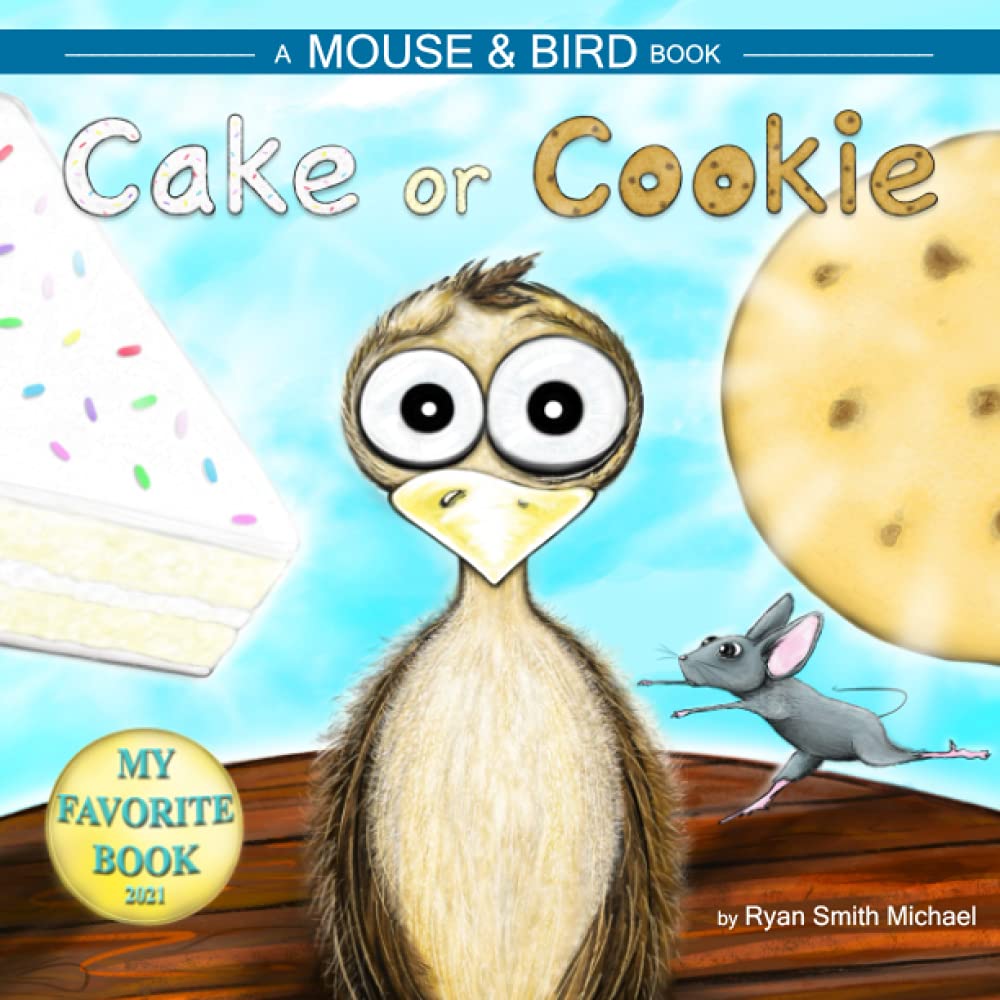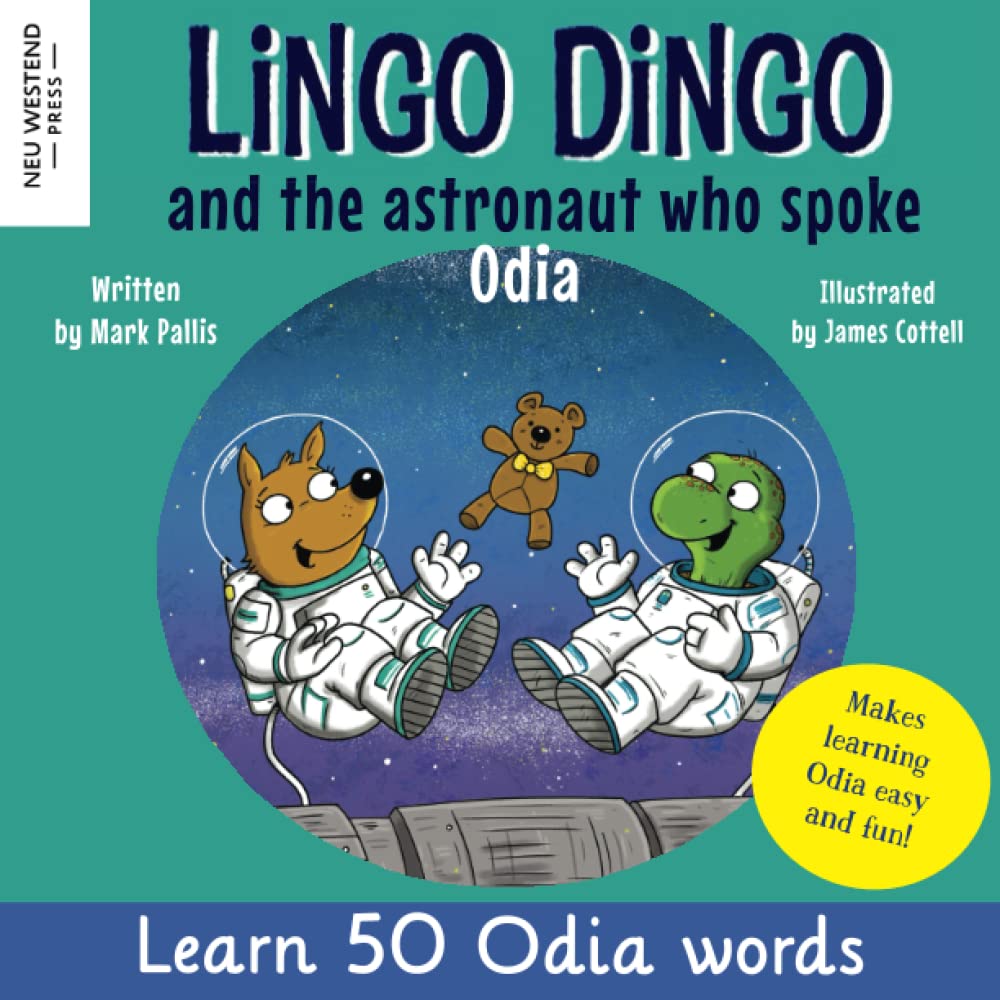"Funded by grants from the City of Houston through the Houston Arts Alliance, the Clayton Fund, the W.K. Kellogg Foundation and the Simmons Foundation"--T.p. verso. “Soon, all across the neighborhood, where there had been bare patches of dirt, little green sprouts began to break through the earth.” Set within the concrete streets of a busy city, de Anda’s bilingual book will make all her readers wish they too had a vegetable garden to call their own. After learning of her grandmother’s experiences growing vegetables, Tonia and her grandmother use a small patch of earth behind the church to begin their first vegetable garden together. The beauty and the delicacy of the garden inspire many children and their families to find their own small pieces of land to fill the city with pedacitos de huerto, or a patchwork garden. Vegetables start springing up in front of the family clinic and in front of stores. Kemarskaya’s full-page illustrations are vibrant and capture the close bond between Tonia and her abuela. Like A Day without Sugar / Un día sin azucar (2012), de Anda’s new book weaves in a message about health and well-being without distracting the reader from Tonia’s story. Grades K-3. --Angie Zapata *Selected for the 2013-14 Macy's Multicultural Collection of Children's Literature* "Its positive message of collaboration and cooperation is enhanced by gouache paintings that cheerily depict a recognizably Latino neighborhood. A worthwhile, eco-friendly bilingual edition." -- Kirkus Reviews "Full-page illustrations are vibrant…de Anda's new book weaves in a message about health and well-being without distracting the reader from [the] story." -- Booklist "The little girl serves as an agent of change as she brings strangers together to enjoy gardening, and this endows the story with warmth and a good dose of inspiration. Children will learn food and garden-related vocabulary from the text, and easily understand the underlying message of how one person can make a difference, which is not delivered in a heavy-handed way." -- Mamiverse Tona loves to listen to her Abuela's stories about when she was a young girl. When her grandmother remembers planting a vegetable garden "on my own little square patch of land," Tona wishes she too could have her very own garden. Their apartment building is surrounded by cement, but Abuela reminds her that it only takes a small patch of land to grow tomatoes or squash and even carrots. And soon, they have a plan! First, they speak to Father Anselmo about a weed-filled lot behind the church. He likes the idea of beautiful green plants instead of weeds, and fresh vegetables sound delicious too! With help from her family, Tona yanks out the weeds and plants rows of vegetables. Each day after school, she and Abuela water the seedlings and pull out weeds that have sneaked in between the plants. In a few weeks, "the garden was green with lacy carrot tops in a row, vines of squash curling on the ground and bushy green tomato plants. Tona loves the garden, but feels sad for all the children who walk by and wish they had a garden of their very own, too. Then her grandmother's quilt gives Tona an idea. Together they find little plots of land all around the neighborhood for the other children, and soon the community is full of small garden patches that remind Tona of Abuela's patchwork quilt. Diane de Anda is the author of three bilingual picture books for children, A Day without Sugar / Un dia sin azucar (Pinata Books, 2012), Kikiriki / Quiquiriqui (Pinata Books, 2004) and Dancing Miranda / Baila, Miranda, baila (Pinata Books, 2001), and three collections of short fiction for young readers: The Monster in the Mattress and Other Stories / El monstruo en el colchon y otros cuentos (Pinata Books, 2011), The Ice Dove and Other Stories (Pinata Books, 1997) and The Immortal Rooster and Other Stories (Pinata Books, 1999). A professor at UCLA for almost 30 years, she is the author of numerous articles and non-fiction books, including Violence: Diverse Populations and Communities (Haworth Press, 2000) and Controversial Issues in Multiculturalism (Pearson Education, 1996). She lives and works in Southern California. Oksana Kemarskaya, a native of Ukraine, has illustrated numerous books for children, including Planet Earth Projects (Dover Publications, 2011), The Legend of the Vampire (Picture Window Books, 2010) and The Secret Lives of Plants! (Capstone Press, 2012). She lives and works in Canada.
